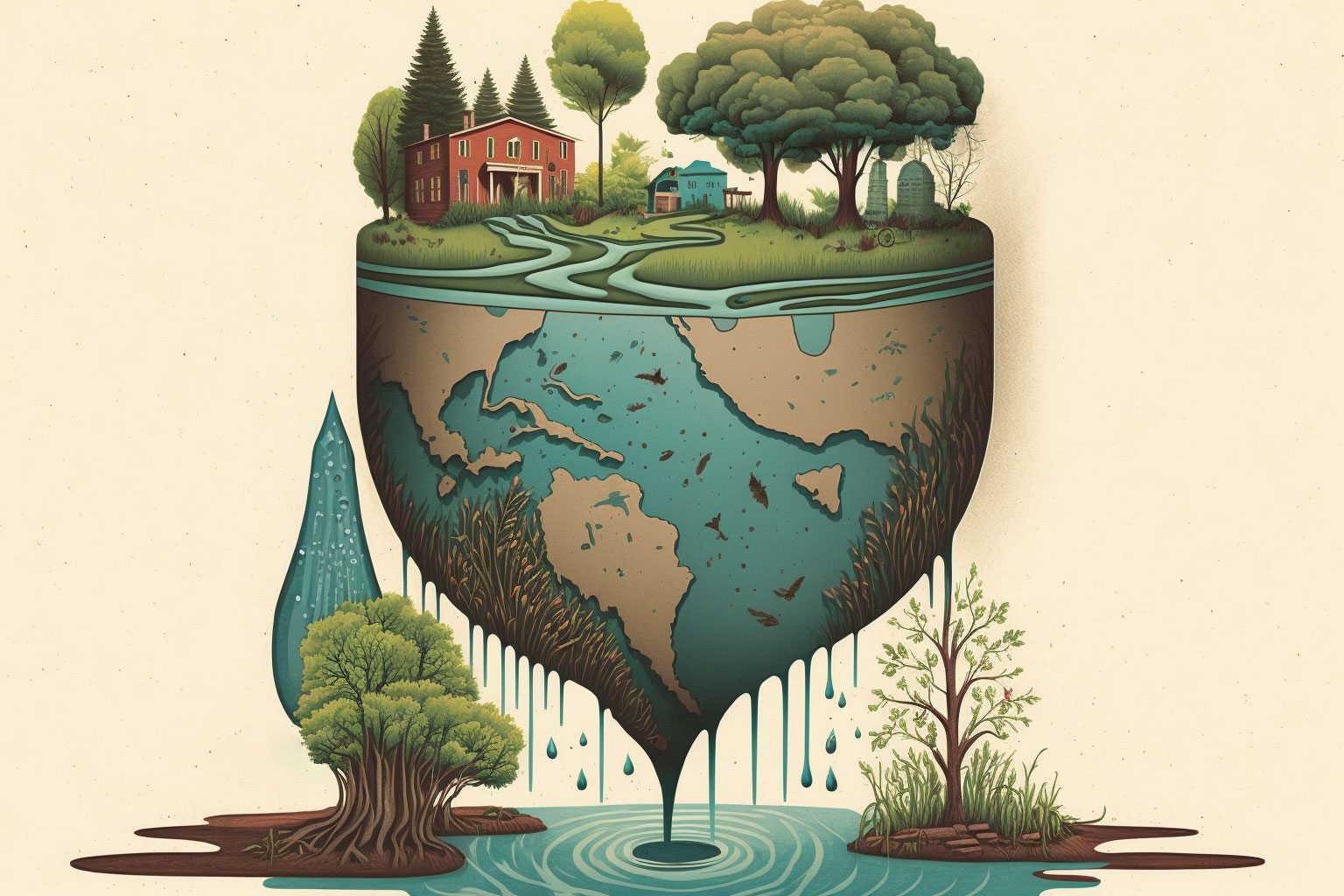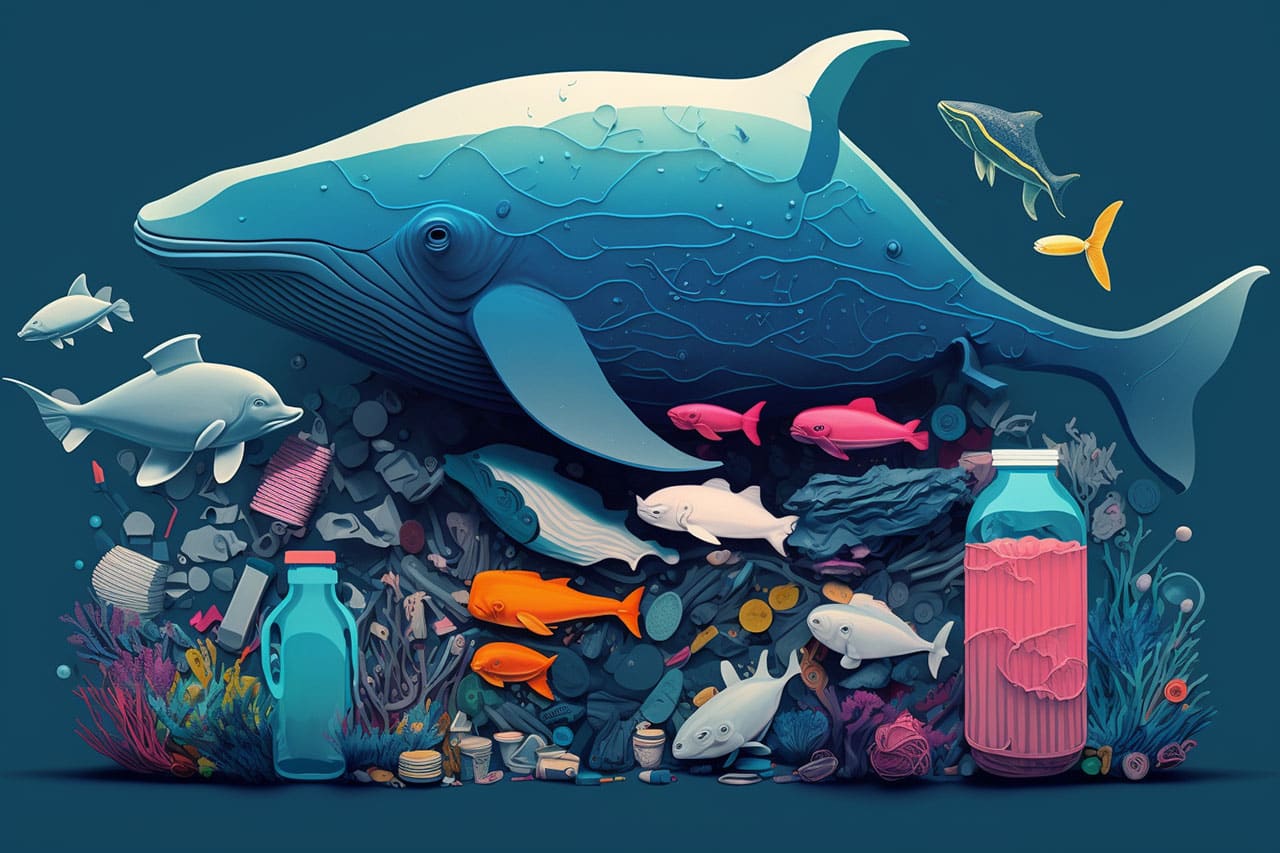Water is one of the most precious resources on earth, and it is essential for all living organisms. Without it, life as we know it would not exist. Despite its importance, water is a finite resource that is becoming increasingly scarce due to a variety of factors, including climate change, population growth, and pollution. Therefore, it is essential that we all take steps to conserve and protect this valuable resource for ourselves and future generations.
Why Water Conservation Matters
Water conservation is essential for several reasons:
- Water is a finite resource: Although water covers 70% of the Earth’s surface, only 3% of it is freshwater. And of that 3%, only 1% is accessible for human use. The rest is either trapped in glaciers or deep underground.
- Population growth and climate change are increasing demand: As the global population continues to grow and the effects of climate change become more severe, the demand for water is increasing, putting more pressure on existing water supplies.
- Water is needed for the health of the environment: Water is not just important for human use; it is also essential for the health of ecosystems, wildlife, and vegetation.
- Water is expensive to treat and transport: Treating and transporting water is an energy-intensive process that is expensive and contributes to greenhouse gas emissions.
Ways to Conserve Water
- Fix leaks: A small leak can waste a significant amount of water over time. Check your home’s pipes and faucets for leaks and repair them promptly.
- Use water-efficient appliances: Choose appliances that are designed to conserve water, such as low-flow toilets, showerheads, and washing machines.
- Install a rainwater harvesting system: Collecting rainwater can provide a valuable source of water for your lawn, garden, and other outdoor uses.
- Water your lawn and garden wisely: Only water your lawn and garden when necessary, and choose drought-resistant plants that require less water.
- Reduce water waste in your home: Don’t let the faucet run while brushing your teeth or washing dishes, and take shorter showers.
- Use greywater: Greywater is wastewater from sinks, showers, and washing machines that can be recycled and used for non-potable purposes, such as watering plants.
- Support water conservation policies and programs: Support local and national water conservation policies and programs, and encourage your elected officials to do the same.
Conclusion
Water is a precious resource that is essential for all life on earth. By taking steps to conserve and protect it, we can ensure that future generations will have access to this valuable resource. Water conservation is not just a personal responsibility but a global one. By working together, we can ensure that we have enough water to meet our needs and the needs of the environment.

